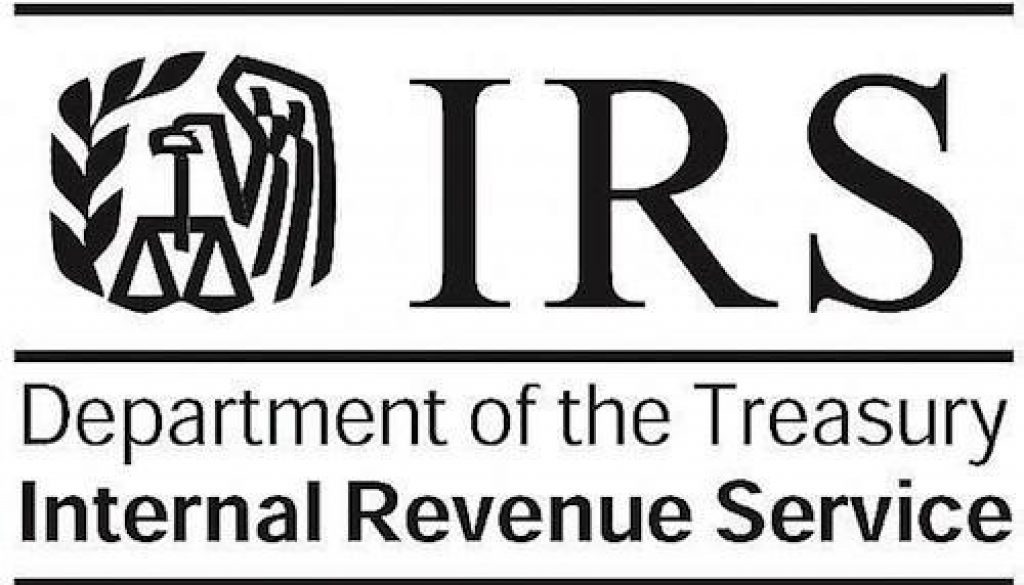Contrary to what most people think, some taxes can be discharged in bankruptcy. Getting your income taxdebt discharged in Chapter 13 bankruptcy depends on the nature of the debt – whether it is a priority or non-priority debt. Priority income tax debts, that is taxes owed from the past three years, cannot be wiped off in Chapter 13 bankruptcy, meaning you must pay off the debt in full through a repayment plan. On the other hand, non-priority, unliened taxes are handled in the same way your general unsecured debts are treated and erased when you receive your discharge.
For the taxes which are considered priority debts, there is still a huge benefit to filing a Chapter 13. These taxes must be paid over the five-year plan, but with no penalties and interest only up to the date of the bankruptcy – so no post-bankruptcy interest. This can save a debtor literally thousands of dollars in interest.
Why Chapter 13?
Debtors prefer Chapter 13 to Chapter 7 bankruptcy in this case for a wide range of reasons. Chapter 13 bankruptcy is especially ideal if you owe lots of income taxes. While Chapter 7 can wipe off your income tax debts that meet a number of requirements, this is only available when the taxes are more than three years old and have been assessed for 9 months prior to filing.
However, in a Chapter 13 Bankruptcy, you can:
Pay taxes from the past three years with no penalties or interest after filing the bankruptcy;
discharge unliened non-priority tax debt; reduce liened taxes to the value of the equity in the property you own.
For example, suppose you owe taxes for the past 5 years and the earliest two have a tax lien. In a Chapter 13, you would pay the three recent years’ taxes through the Chapter 13 Plan with no penalties or interest and the earlier two years at the value of your assets, which may be much, much less that the amount of the taxes liened. Everything else will be discharged upon completion of the Chapter 13 Plan.
How Chapter 13 Bankruptcy protects you from IRS
When you file for Chapter 13 bankruptcy, a court order known as automatic stay immediately goes into effect, stopping creditors – including IRS – from continuing collection efforts such as garnishing your bank account and paycheck, sending you letters, or filing tax liens against your home or vehicle.
While this protection is also available under Chapter 7 bankruptcy, it only lasts for three to four months and generally expires before you are answerable to the IRS for debts that were not discharged. Under Chapter 13, the protection lasts throughout the three to five year repayment period, and if you successfully complete the Chapter 13 Plan, you will be current with the IRS and free of their collection efforts forever.
Chapter 13 bankruptcy is a great program to help you escape financial trouble and enjoy a clean start, where you owe nothing to any of the tax authorities, including IRS.
If you still have questions about how Chapter 13 Bankruptcy will affect your tax debt and other tax implications, and live in the Philadelphia, PA vicinity, please call the Law Office of Sharon S Masters for a free, no-obligation consultation. Attorney Sharon Masters will speak with you personally and can be reached at (610) 322-5277 or at [email protected].

